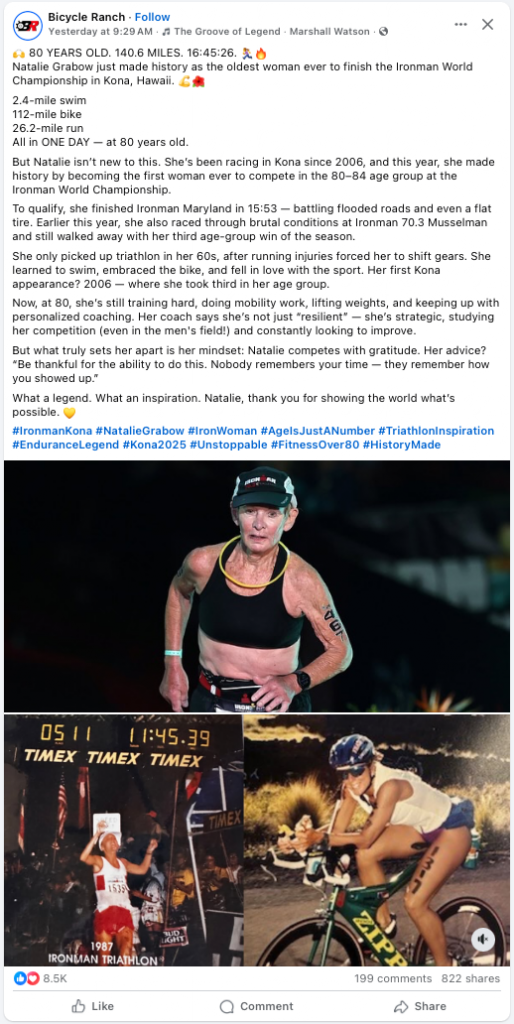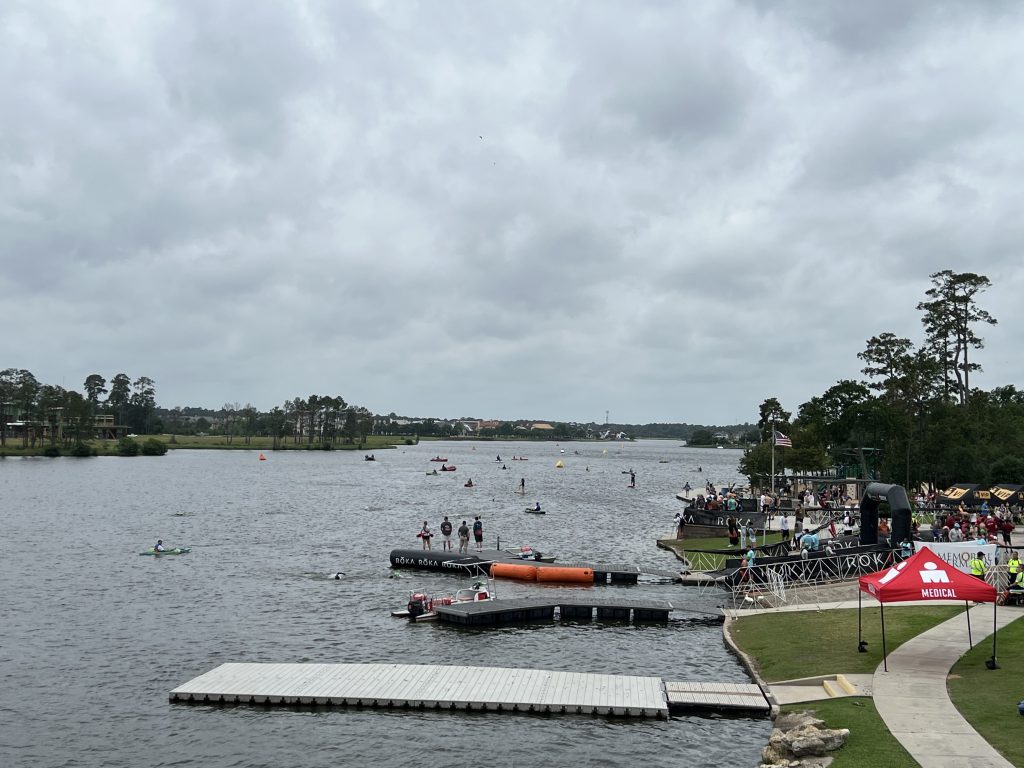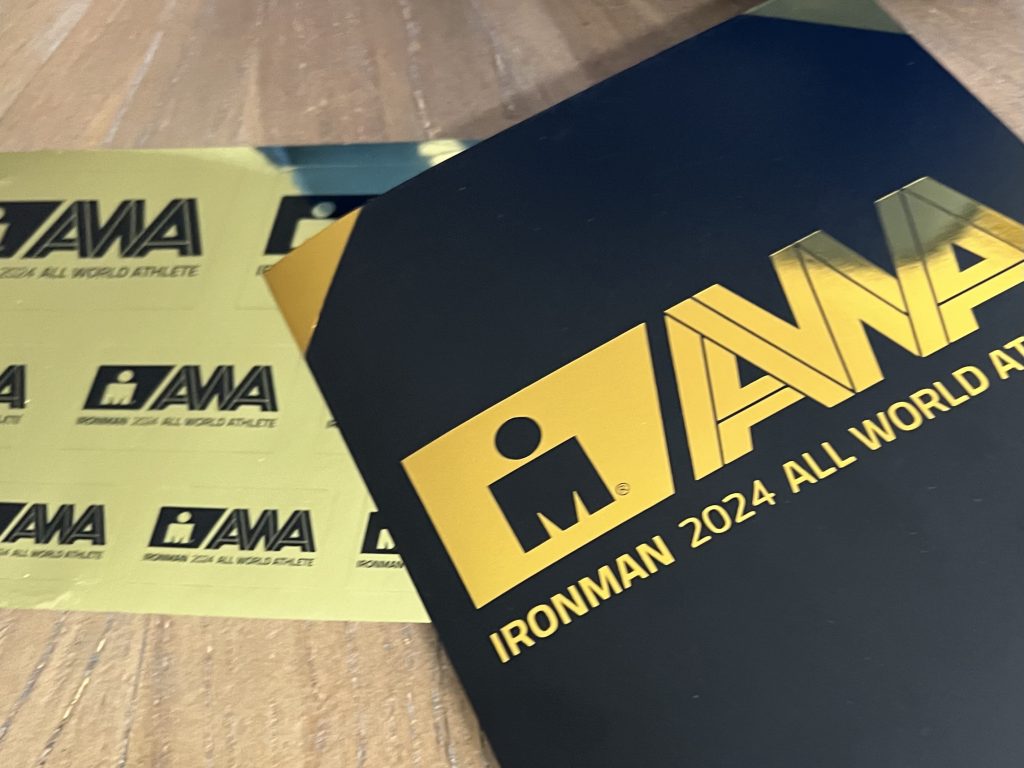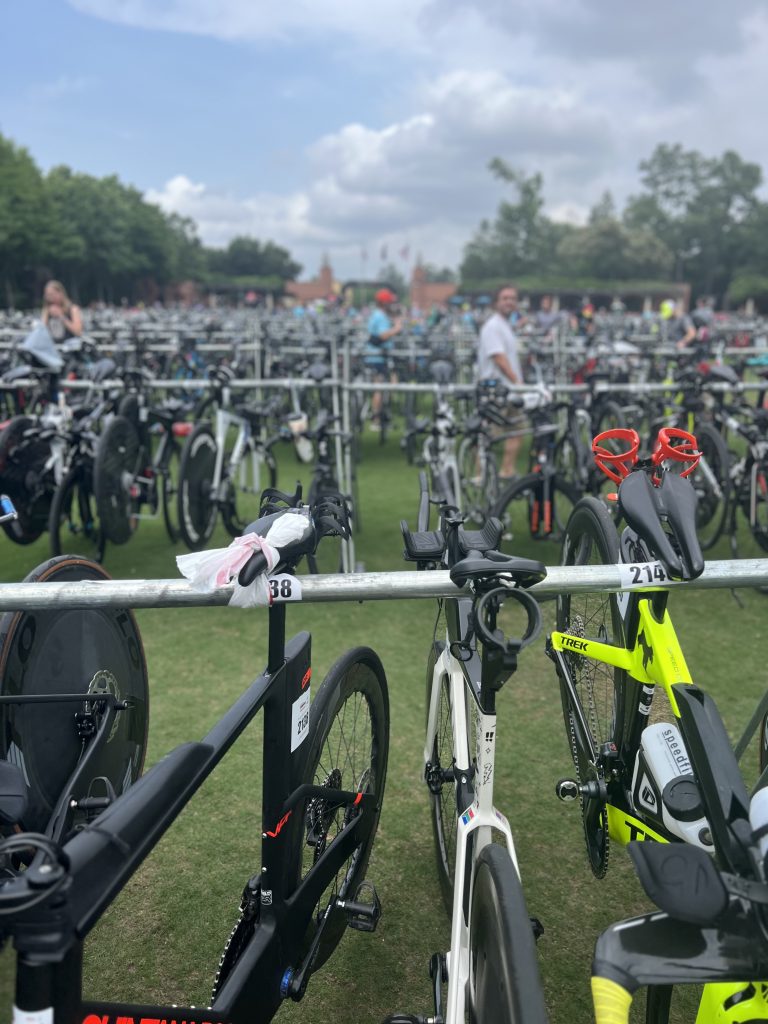
Inspired: Natalie Grabow @ 80

Personal collective of ideas, thoughts and notes

2nd year of achieving a Ironman AWA status which I am really proud of, small personal achievement unlocked. Top 2% in the world is nice accomplishment. #bucketlist

While prepping my bike for Leadville, I completely screwed up and managed to strip the hex head of the shock mount bolt. I subsequently used an easy out to get some grip on the bolt and start applying some rotational torque. In doing so, I missed the fact the bolt could be seized in the shock bushing 🙁 So while I thought I turning the bolt out, I was implying “pushing” the back of the shock stay outward, and it cracked the frame 🙁
Sweating I reached out to Canyon, explained the situation, and they kindly warranted it! Part of the claim process was to destroy the old frame so after ~ 4,814 miles, it’s gone in the trash can. Some good memories on this bike for sure!
I am a marketers dream and loyalty programs were invented for me 🤣 … fun to have some small recognition as a AWA Gold Athlete in 2024/2025 again.


Finally outside after speeding the first couple hundred miles on the trainer 🙂


















3 years of doing 70.3 IM NC. Such a fun race in one of my favorite coastal towns of Wilmington/Wrightsville beach. Overall, a great race. 6th this year compared to 5th from last year, but due to the fast swim current, I improved my swim 8 minutes. On the bike I had a major rookie mistake and forgot to load my nutrition bottle on the bike, which meant stopping at the first aid station and loading up as much as I could carry, giving up some time, but also really important. There my bike was 2 minutes slower than 2023. On the run, I was right around the same as previous years with a 1:28. The 5th place finisher was over 2 minutes ahead of me, so I needed quite a considerable improvement to catch up to them.
A list of my past motocross helmets which I kept for nostalgic reasons 🙂

| Year | Helmet | Note |
|---|---|---|
| 1995 | Bieffe | Didnt keep it 🙁 |
| 1996 | Axo RX-5 | |
| 2003 | Fox – RC Replica | Kate bought this one for me 🙂 |
| 2004 | Troy Lee Designs – Ryno Blue | |
| 2007 | Troy Lee Designs – SE-2 – Limited Edition – Doug Henry |












Another great experience racing ORAMM (Off-Road Assault on Mount Mitchell). Some of the coolest temps but also pretty slick from all the rain we have had lately. This was my slowest time over the 4 years racing this event, but due to that it was probably the most enjoyable 🙂




















Trip wise everything went super smoothly. Arrived Wednesday, no delays or issues with baggage or car rental etc. Thursday, fun little cruise around the Airbnb in Spring and did packet pickup, and had a nice evening with the Fillnow folks. Prepped some of my bags and had a good amount of sleep. Friday got up and went to the practice swim, did a really easy few hundred yards (15 mins) and felt OK. I picked out some landmarks to sight off. I used my wetsuit and felt very normal. Had some breakfast, got to meet Natasha from NVDM as mentioned, and took it easy. Had some pasta for lunch and in the afternoon did bike drop off, and took it easy for the rest of the day. Ensured I was getting in plenty of hydration (LMNT + water) and carbs. Friday evening got to bed really early (9pm) since I knew I was going to be up at 4am, ended up waking up at 2:30 and felt ok. Found parking pretty easy, got into T1, loaded nutrition/hydration. I had a minor issues getting air into my rear disc, but got it sorted out pretty easily. Walked over to Swim start, got into my wetsuit, and started just behind the main pack. Also no real delays, issues or surprises 🙂
You must be logged in to post a comment.